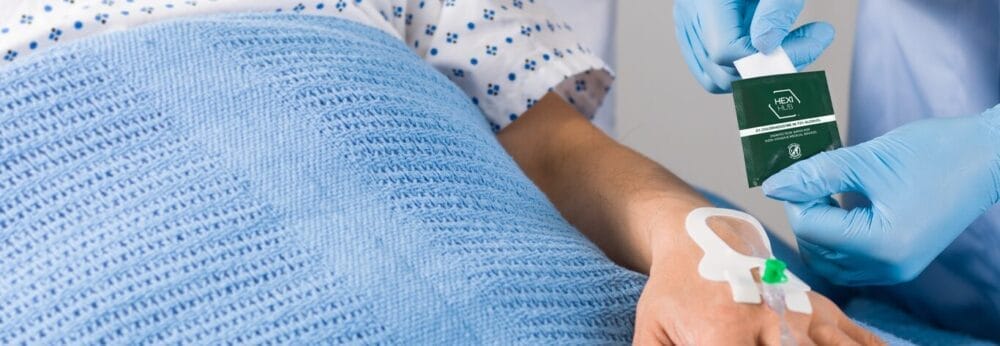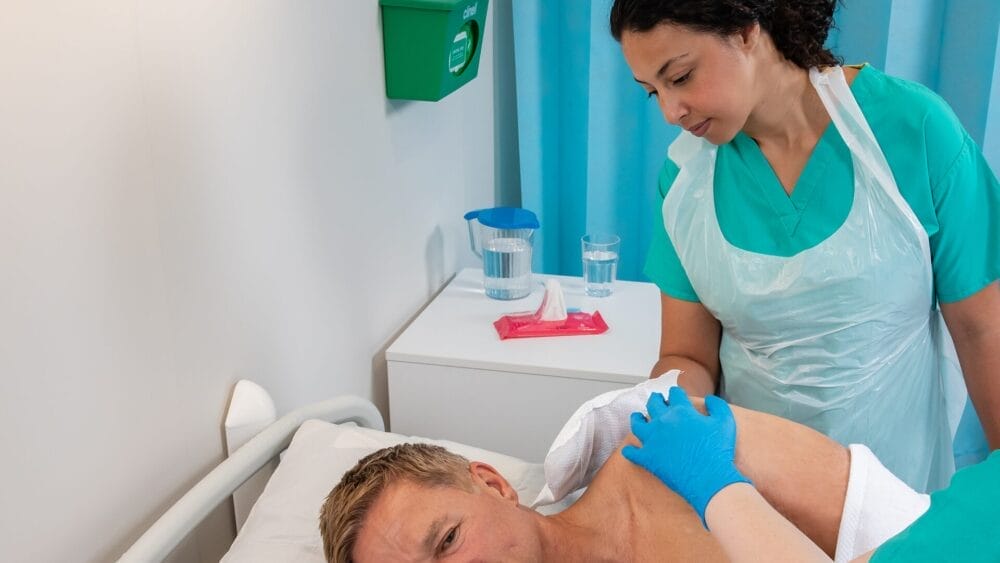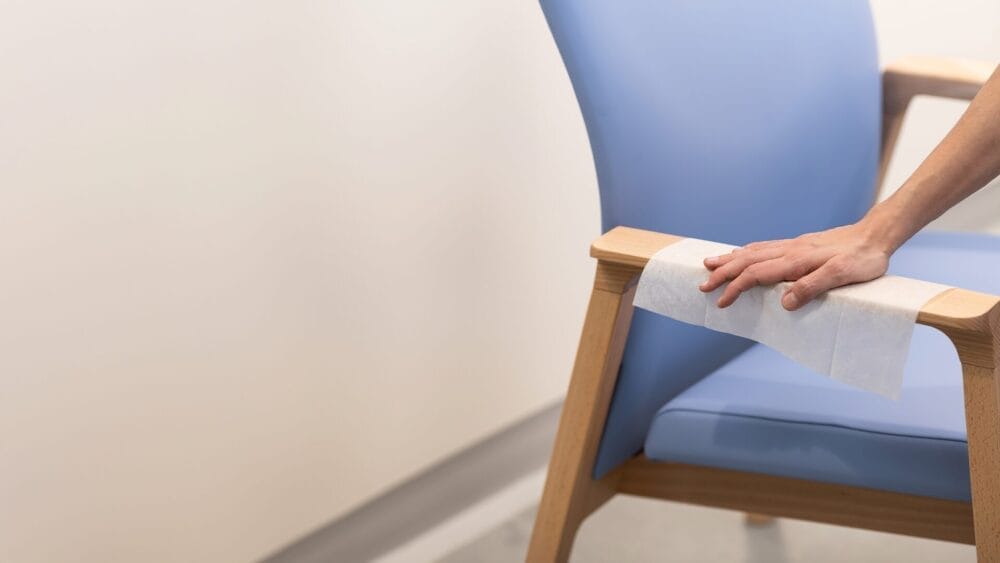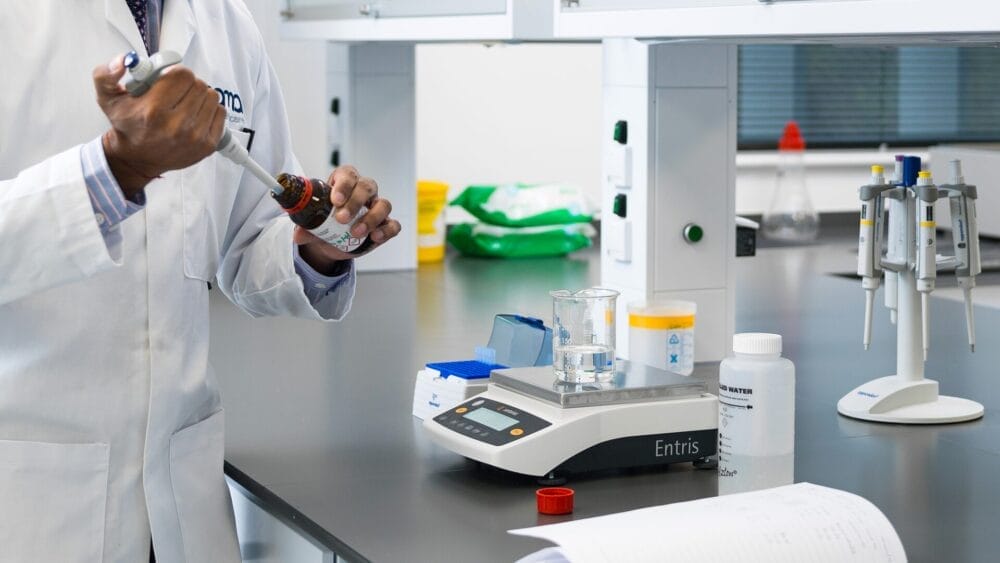Posted
21st January 2019
Research
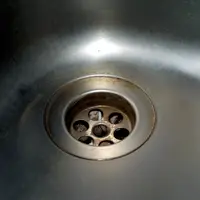
There is increasing evidence that sink drains can be contaminated with CPE and that this environmental contamination can find its way onto patients. A new study from the US found that contamination of sink drains with CPE and with carbapenemases was commonplace, and that proximity to toilets was an important predictor of drain contamination.
The study was performed in a 26-bed medical ICU within a 600-bed hospital in Milwaukee, Wisconsin. Each room has two sinks and one toilet – one of the sinks is closer to the toilet than the . Each sink drain was sampled using swabs. The KPC carbapenemase gene was detected by direct PCR from more than half of the sinks (54% of 46 sinks), and CPE was cultured from 10% of 40 sinks. The sinks that were closest to the toilet were significantly more likely to be contaminated with the KPC carbapenemase (87% of 23 sinks near toilets vs. 22% of 23 sinks at room entry). The CPE that were cultured from the sinks were a mixture of Enterobacteriacae that are often implicated in human colonisation (such as Klebsiella pneumoniae) and ‘weird and wonderful’ Enterobacteriaceae from the environment.
In this study, the reason why sinks closer to toilets were more contaminated with carbapenemases is not clear. However, it seems likely that differences in the uses of the two sinks in the room explains the difference. The sink at the point of entry into the room would most likely be used by staff either before or after patient care. However, the sink by the toilet would most likely be used by patients following toilet use, and by staff during patient care; and these activities carry a higher risk of contamination being transferred to the sink.
The study underlines the need to improve the management of sinks to ensure that they do not become contaminated with CPE, because we know from other studies that sinks contaminated with CPE are a risk to patients.
SHARE THIS ARTICLE
Tags
Latest News
Introducing HEXI HUB: A seamless transition in our product line
We’re pleased to announce an update to our product offering…
Innovative solutions for tackling Carbapenemase-producing Enterobacteriaceae (CPE) at King’s College Hospitals
King’s College Hospital NHS Foundation Trust, one of London’s largest…
Gloves Off: reducing unnecessary plastic waste during environmental cleaning and disinfection
In this blog, Dr Phil Norville discusses the momentum-gaining ‘Gloves…
Gloves Off: Navigating SDS sheets and skin safety claims in environmental decontamination products
In this blog, James Clarke (Head of R&D, Science &…
